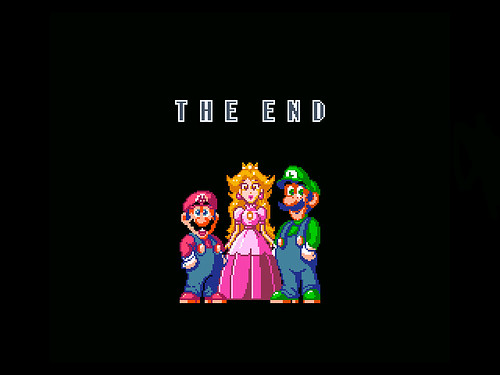 |
| via Deviant Art by Zweilhaender-Blitz " Slenderman! I choose you" http://zweihaender-blitz.deviantart.com/art/Slenderman-I-choose-you-408115383 |
Best Choices
- Proposal - A proposal argument is one of the better choices for my writing becasue my argument is centered mainly around why America shouldn't have opposed the bank and joined it instead, and I would be offering logical explanations of why I think the way I do and why it would benefit the American economy . so in effect I would proposing that if America had did this ....this would happen.
- Refutation- A refutation is a another good choice since I'm disagreeing with America's way of dealing with the AIIB and I can provide reasons as to why they were wrong and the negative effects that will have for not only economical relations but political ones as well.
Not The Best Choices
- Position- A position argument wouldn't be the best choice becasue my position is already known and it's not that different from other positions so it would be just like other basic arguments. It also wouldn't offer like ways it could be better or the impacts of the issue.
- Evaluation- an evaluation argument only focuses on the success of a certain solution to an issue and I don't necessarily agree with how America is handling the current issue and feel they could do something else that would be more effective.
- Casual- A casual argument is fine but it's not a strong as refutation or proposal and wouldn't get all of my specific points that i feel are important across to the audience. It would only be a general summary of my opinion.
Reflection:
From reading Hunter and Lia's rhetorical action plan and their considering types post, (Lia , Hunter) My plans almost shifted a bit when in Lia's post of her considering types pointed out that it's probably;y not a good idea to do a proposal argument when you're not really all that knowledgeable about the topic, however I still think it's okay and will probably;y end up doing it , unless I find that I really can't.
























